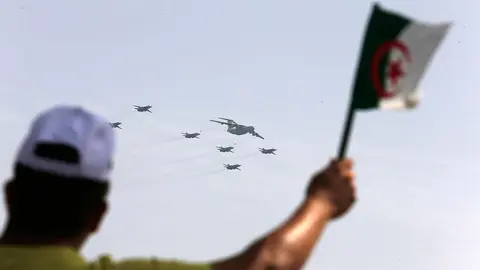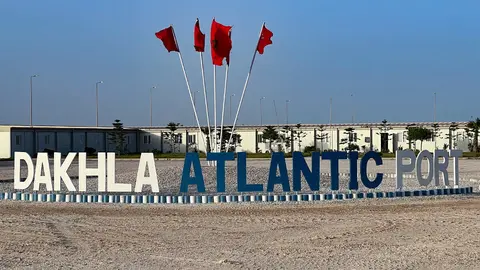A letter from Rabat, a test for the European right

With these words of courtesy begins the letter sent by Nizar Baraka, secretary general of the Istiqlal Party, to Alberto Núñez Feijóo following his re-election as leader of the Popular Party. But behind the diplomatic niceties lies a firm, direct message laden with implications: an urgent call for political consistency.
The Popular Party, a pillar of the European People's Party (EPP), is today being publicly challenged by one of its historic allies in the southern Mediterranean. And not for a minor detail, but for its persistent ambiguity regarding the Moroccan Autonomy Plan for the Sahara, a proposal already supported by a growing majority of European governments – including many led by sister parties of the PP – as well as by the United States, France and the United Kingdom.
Since 2007, the Autonomy Plan presented by Morocco has established itself as the only serious, credible and realistic way to resolve an artificial conflict that has now lasted half a century. This is not a temporary position, but a strategic convergence based on the need for regional stability, Euro-African cooperation and shared security.
In this context, the PP's lack of definition is confusing. How can a party that shares a European bench with forces such as the German CDU or Forza Italia remain on the sidelines of a common position that has already become doctrine within the EPP? Furthermore, how can we understand that this ambiguity brings it closer, de facto, to the positions of the Polisario Front, which are supported by regimes that the PP itself has vehemently denounced, such as those in Havana and Caracas?
The inconsistency is compounded by the fact that, under Mariano Rajoy's governments, the PP defended a negotiated political solution for the Sahara, very similar in essence to the current position of the Spanish government. The problem is not ideological, it is tactical: turning foreign policy into an electoral battleground is to renounce any vision of statehood.
The recent incident involving the presence of Polisario representatives at a PP congress was the last straw. Although it was an informal invitation, the political impact was immediate. The letter from the Istiqlal Party — moderate in form, forceful in substance — stresses that such a strategic issue cannot be trivialised without damaging the credibility not only of the PP, but of the entire European political family it represents.
Because this is not a matter between Spain and Morocco, nor even between governments. It is a question of consistency within a political space that aspires to speak with one voice on major global challenges. And the Sahara is one of them.
Persisting in ambiguity is tantamount to weakening that common voice. It is tantamount to sending contradictory signals to a strategic ally such as Morocco, whose stability is key to southern Europe. Ultimately, it is tantamount to failing at a time when clarity is most needed.
The letter from Rabat is not a simple warning. It is an opportunity to rectify. To demonstrate that foreign policy cannot be improvised or subordinated to short-term interests. And to reaffirm that there are principles — such as stability, peace and mutual respect — that are above internal rivalries.
The Sahara is not just any issue. It is a test of the maturity of the European right. And history will not remember those who remained silent, but those who knew how to act responsibly.



